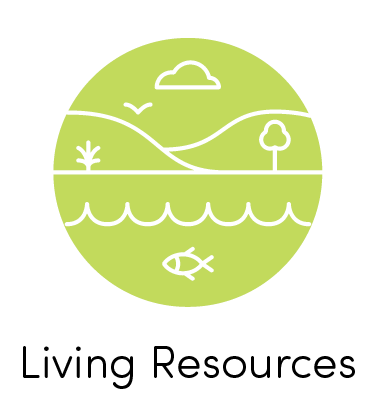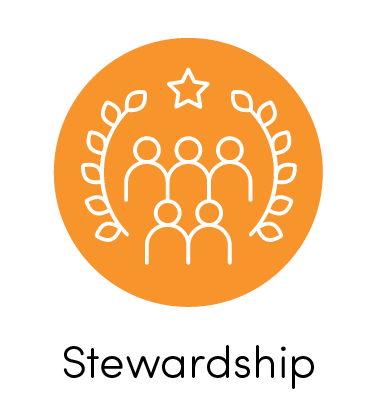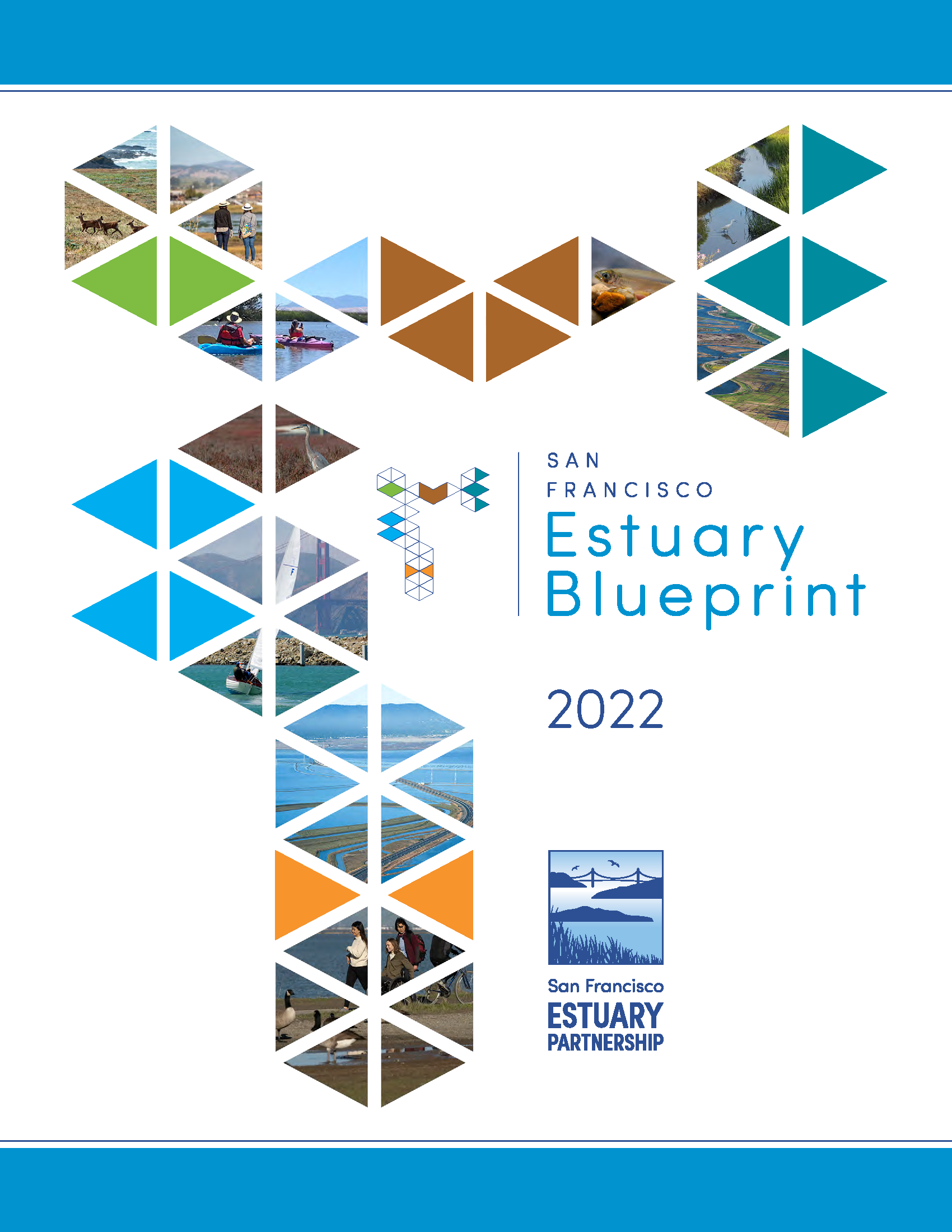Action 17: Water Conservation
← Back to Estuary Blueprint Actions
Reduce water use around the Estuary.
Explore opportunities to reduce water exports from the Estuary through demand management such as reduced water use for landscaping, and residential water conservation.
Overview
Water conservation remains the most cost-effective and environmentally friendly way to reduce demand on overextended groundwater aquifers and riverine systems. Although California has passed legislation to require efficient water use both indoors and outdoors, opportunities still exist to improve implementation of these laws and address remaining gaps across the residential, agricultural, commercial, and industrial sectors.
Task Description
Advance the installation of ‘smart’ water meters and monitors, including Advanced Metering Infrastructure or AMI, as industry best practice throughout the Estuary and provide support for obtaining funding for agencies working towards this goal.Task Lead(s)
Bay Area Regional Reliability (BARR) water agenciesTask Collaborating Partner(s)
None identifiedCost Estimate Key
|
Cost Estimate
$$$$Milestone(s)
All major Bay Area water agencies substantially advanced in early phase conversion to ‘smart’ water meters, such as piloting testing or proof of concept.Task Description
Expand Bay Area Regional Energy Network (BayREN)’s Water Upgrades $ave Program or similar water efficiency programs to expedite customer participation and utility investment in indoor and outdoor water efficiency projects for single family residential, multifamily residential, commercial, and institutional customers to reduce water waste from inefficient fixtures and leaks.Task Lead(s)
Metropolitan Transportation Commission and Association of Bay Area GovernmentsTask Collaborating Partner(s)
ReScape California, water agenciesCost Estimate Key
|
Cost Estimate
$$$$Milestone(s)
18 municipal water utilities enrolled in the Water Upgrades $ave Program or similar programs.Task Description
Improve Model Water Efficient Landscape Ordinance (MWELO) compliance by providing MWELO and regenerative landscape trainings, and an MWELO Toolkit to municipal staff throughout the Estuary and other regions that obtain water from the Estuary or its watersheds.Task Lead(s)
ReScape CaliforniaTask Collaborating Partner(s)
Local jurisdictionsCost Estimate Key
|
Cost Estimate
$$Milestone(s)
20 regenerative landscape and MWELO trainings throughout the Estuary and its watersheds.Task Description
Develop a model ordinance for water efficient retrofit on resale or retrofit on listing, based on such examples as existing City of Davis, Santa Cruz County, and/or City and County of San Francisco ordinances, taking into account contingencies that do not delay close of escrow.Task Lead(s)
San Francisco Estuary Partnership (Coordinator)Task Collaborating Partner(s)
Metropolitan Transportation Commission and Association of Bay Area Governments, Santa Clara Valley Water District, Sustainable Silicon Valley, local jurisdictionsCost Estimate Key
|
Cost Estimate
$Milestone(s)
Model retrofit ordinance for use by Estuary cities and counties.Task Description
Convene Bay Area water and wastewater agencies to discuss regional water conservation targets, opportunities, and limitations, resulting in a synthesis report.Task Lead(s)
Bay Area One Water NetworkTask Collaborating Partner(s)
Bay Area water and wastewater agencies, Climate Plan, San Francisco Estuary PartnershipCost Estimate Key
|
Cost Estimate
$Milestone(s)
One workshop held with Estuary stakeholders, resulting in a synthesis report.Task Description
Task Lead(s)
Task Collaborating Partner(s)
Cost Estimate Key
|
Cost Estimate
Milestone(s)
Task Description
Task Lead(s)
Task Collaborating Partner(s)
Cost Estimate Key
|
Cost Estimate
Milestone(s)
Task Description
Task Lead(s)
Task Collaborating Partner(s)
Cost Estimate Key
|
Cost Estimate
Milestone(s)
Updates and Emerging Issues
This Action combines the two 2016 Actions on outdoor landscaping and agricultural water use efficiency and expands its focus to a suite of water conservation strategies targeting indoor residential use, outdoor water use across all sectors, and repairs. Additionally, this Action will anticipate emerging issues by laying out a task to convene water utility agencies and planners to consider the future of water conservation in the Bay Area.
Climate Change Considerations
This Action addresses water supply issues that will be exacerbated by climate change. Over the long term, other methods of extending water supply during long droughts, in addition to water use efficiency, may need to be developed or expanded. Additionally, exceptionally efficient use may create challenges for wastewater systems.
Equity Considerations
Multifamily residential units, especially rental units, pose one of the remaining challenges to increasing residential water use efficiency. Renters may pay into a shared water bill without seeing it, and therefore may unknowingly subsidize the cost of water wasted due to inefficient fixtures and leaks. Strategies to increase customer participation in water conservation programs can result in more affordable water bills for renters.
Blueprint Goals




